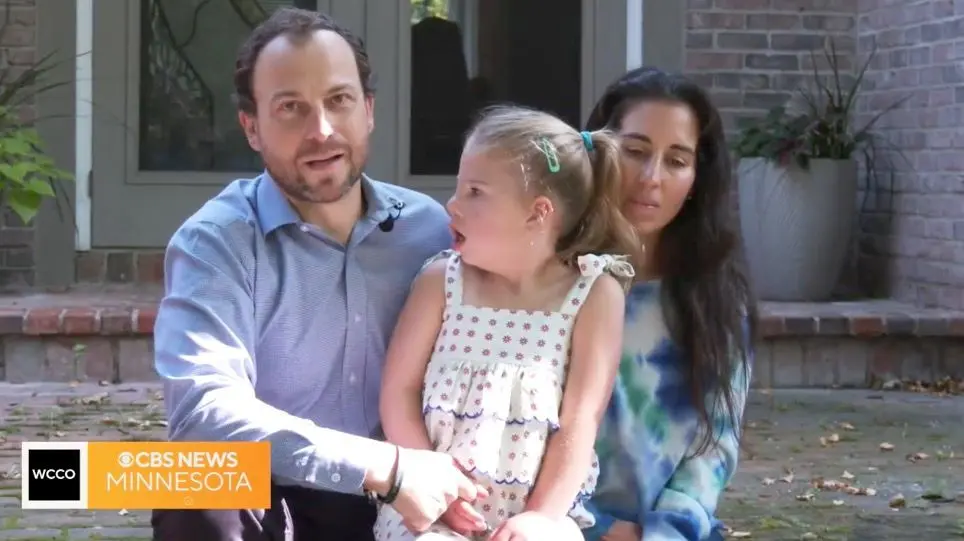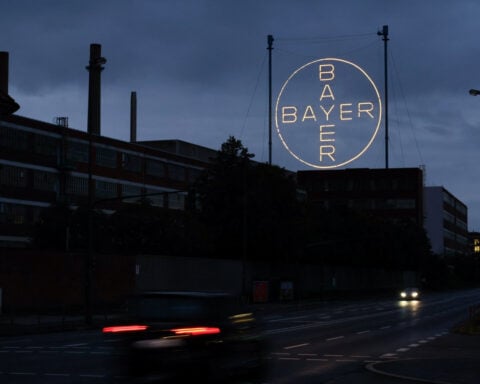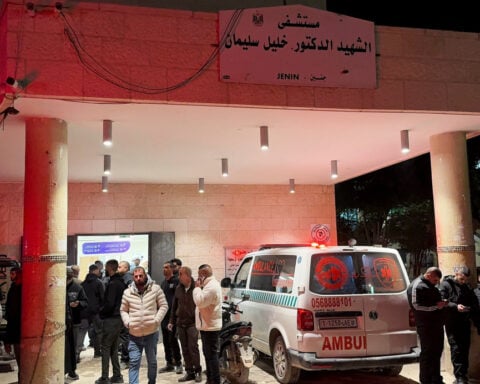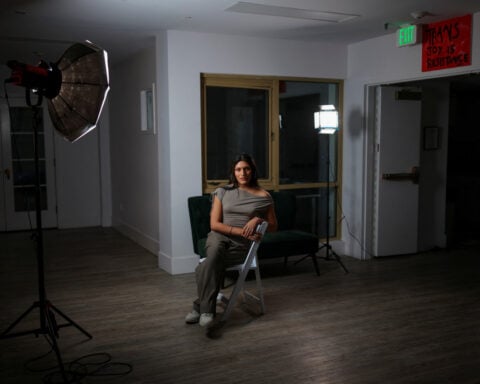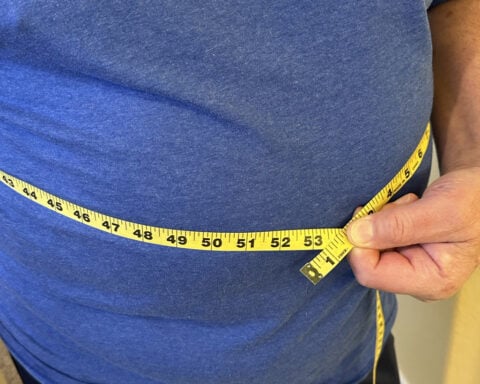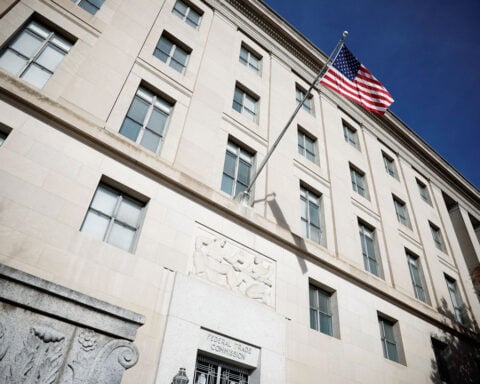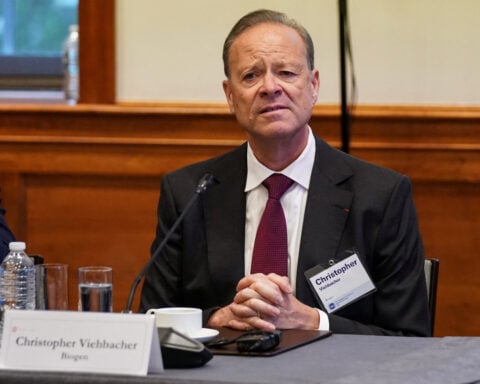MINNEAPOLIS (WCCO) -- Leo and Lauren Zabezhinsky's joy of welcoming their new daughter, Jackie, was soon met with a jarring discovery: baby Jackie wasn't moving well and couldn't swallow.
"Sometimes in life we all get dealt a hand that things happen unexpectedly," Leo Zabezhinsky said. "But it's not about what happens — it's about how you respond and how you react."
Jackie Zabezhinsky would spend two months at the NICU at Children's Minnesota and then underwent testing and treatment for nearly a year before doctors diagnosed her with myotonic dystrophy, a rare genetic muscle disease.
"We were asking doctors, 'How long this will last, will she walk, will she be able to go to school?'" Lauren Zabezhinsky said. "Will this be something that will get better or worse with time?"
If it took them so long to learn more about myotonic dystrophy, they wondered how many others families might be left in the dark.
"I think about that all the time," Lauren Zabezhinsky said. "I want people to learn there's a diagnosis out there that families deal with every day called myotonic dystrophy, and there are children just like Jackie who attend regular school, who has friends, who has struggles."
Anyone with a view of downtown Minneapolis on Sept. 15 will be encouraged to do just that, as the Zabezhinskys recruited many prominent buildings and structures with programmable lights to turn green in honor of International Myotonic Dystrophy Awareness Day.
Among those participating are Target, Target Field, IDS Center, Capella Tower, Minneapolis Convention Center and the Interstate 35W Bridge.
"Her middle name is Orli which [in Hebrew] means 'my light,'" Lauren Zabezhinsky said. "Our belief is that in Jackie's lifetime, with the wonderful evolution in medicine and research in disease, we can see a cure in her lifetime."
Support from Minneapolis to Washington, D.C. The effort to support awareness for and research in myotonic dystrophy, or DM, is not exclusive to Minneapolis, and Minnesota's senior Sen. Amy Klobuchar has been spearheading efforts to earn federal support for DM research.
In a letter to Senate colleagues earlier this year, Klobuchar asked budget writers to earmark $10 million in the upcoming appropriations bill.
"When a little kid is struck with dystrophy, or when a kid has something wrong, it doesn't matter what party you're a part of," Klobuchar said. "That's why I've teamed up with Sen. Roger Wicker, a conservative Republican from Mississippi, on a lot of things, especially when it comes to rare diseases."
Klobuchar is confident any federal funds can also be returned to Minnesota institutions to conduct work in finding a DM cure or treatment.
"It really helps that we are a state that does so much groundbreaking research, and when there's work like that being done on Alzheimer's and dementia," she said. "We're so close to making things even better."

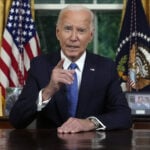 Biden promised to turn the page on Trump. Now he's being replaced by him
Biden promised to turn the page on Trump. Now he's being replaced by him
 Firefighters prepare for increasing gusts following brief reprieve for LA area
Firefighters prepare for increasing gusts following brief reprieve for LA area
 John Ratcliffe, tapped by Trump to lead the CIA, will face questioning in the Senate
John Ratcliffe, tapped by Trump to lead the CIA, will face questioning in the Senate
 Nippon Steel wants to work with Trump administration on US Steel deal, Mori tells WSJ
Nippon Steel wants to work with Trump administration on US Steel deal, Mori tells WSJ
 After cable damage, Taiwan to step up surveillance of flag of convenience ships
After cable damage, Taiwan to step up surveillance of flag of convenience ships
 BOJ will raise rates if economy, price conditions continue to improve, Ueda says
BOJ will raise rates if economy, price conditions continue to improve, Ueda says
 Manatees congregate in warm waters near power plants as US winter storms graze Florida
Manatees congregate in warm waters near power plants as US winter storms graze Florida
 AAPI adults prioritize immigration, but split on mass deportations: AP-NORC/AAPI Data poll
AAPI adults prioritize immigration, but split on mass deportations: AP-NORC/AAPI Data poll
 As Los Angeles burns, Hollywood's Oscar season turns into a pledge drive
As Los Angeles burns, Hollywood's Oscar season turns into a pledge drive
 As fires ravage Los Angeles, Tiger Woods isn't sure what will happen with Riviera tournament
As fires ravage Los Angeles, Tiger Woods isn't sure what will happen with Riviera tournament
 Antetokounmpo gets 50th career triple-double as Bucks win 130-115 to end Kings' 7-game win streak
Antetokounmpo gets 50th career triple-double as Bucks win 130-115 to end Kings' 7-game win streak
